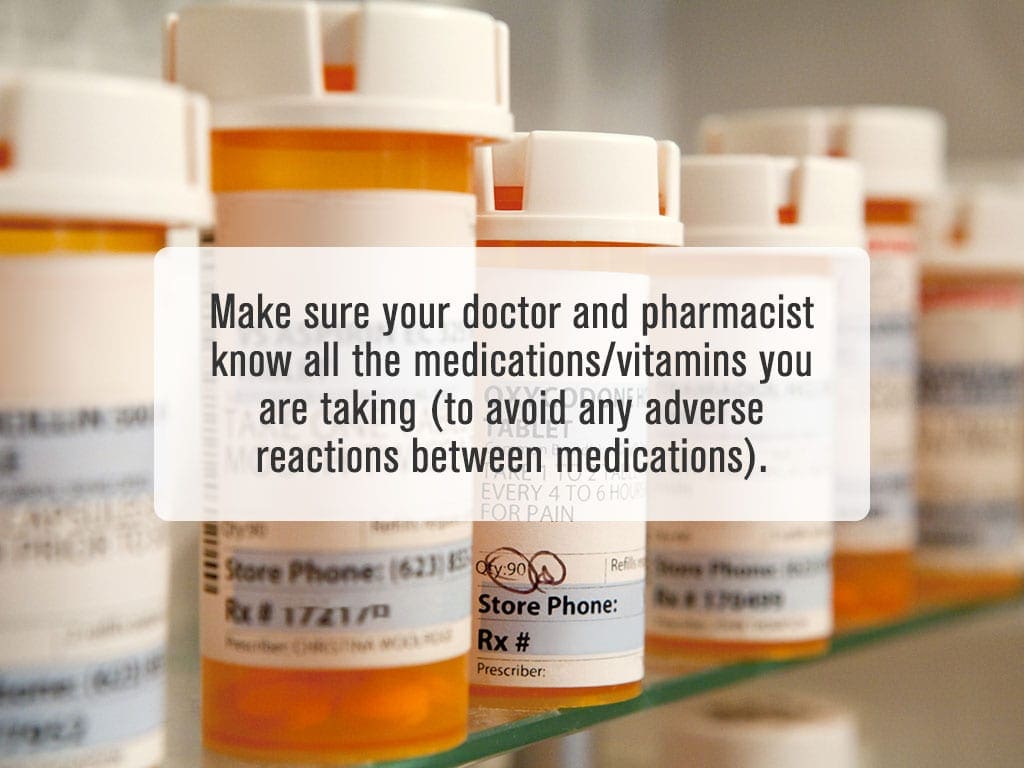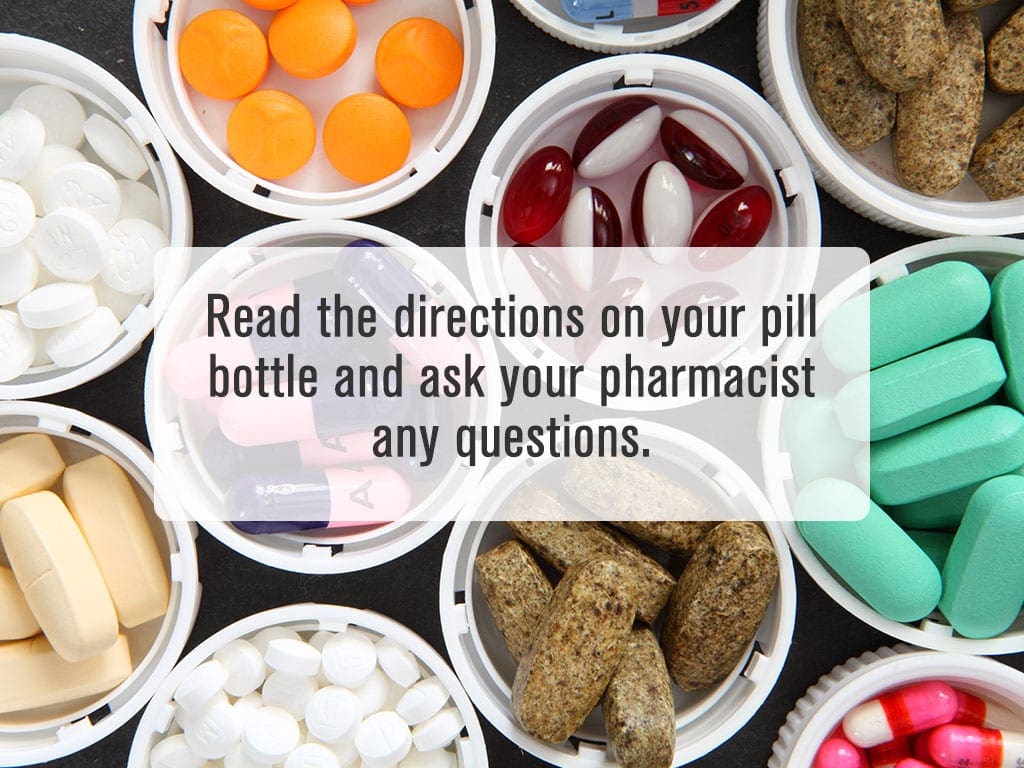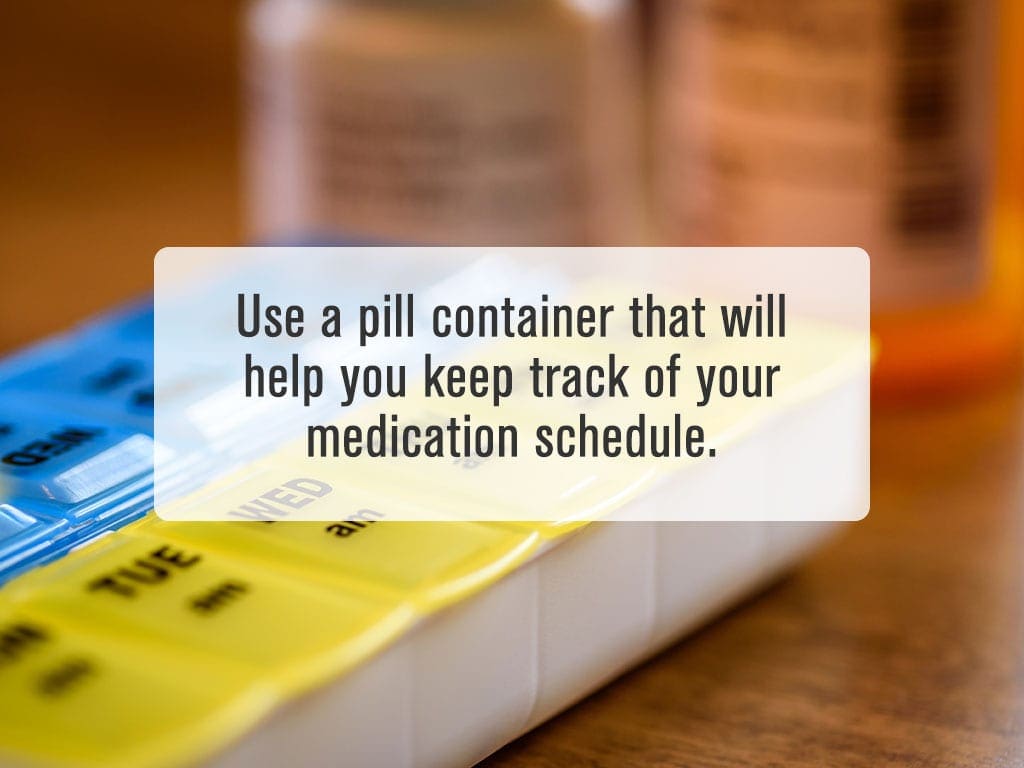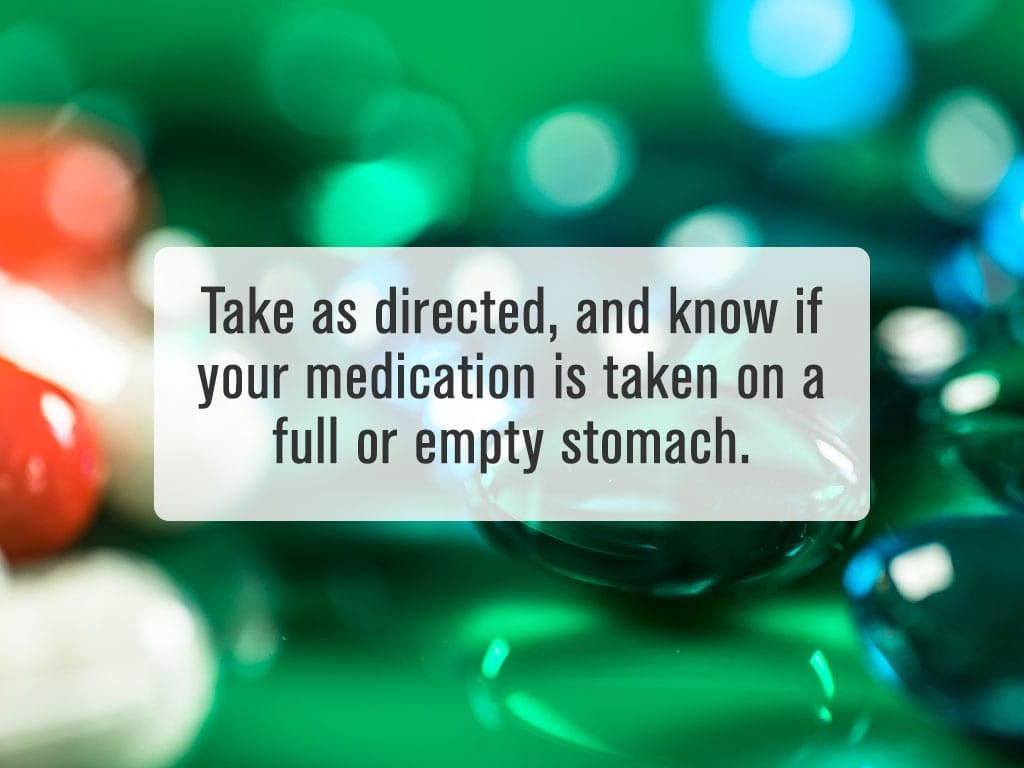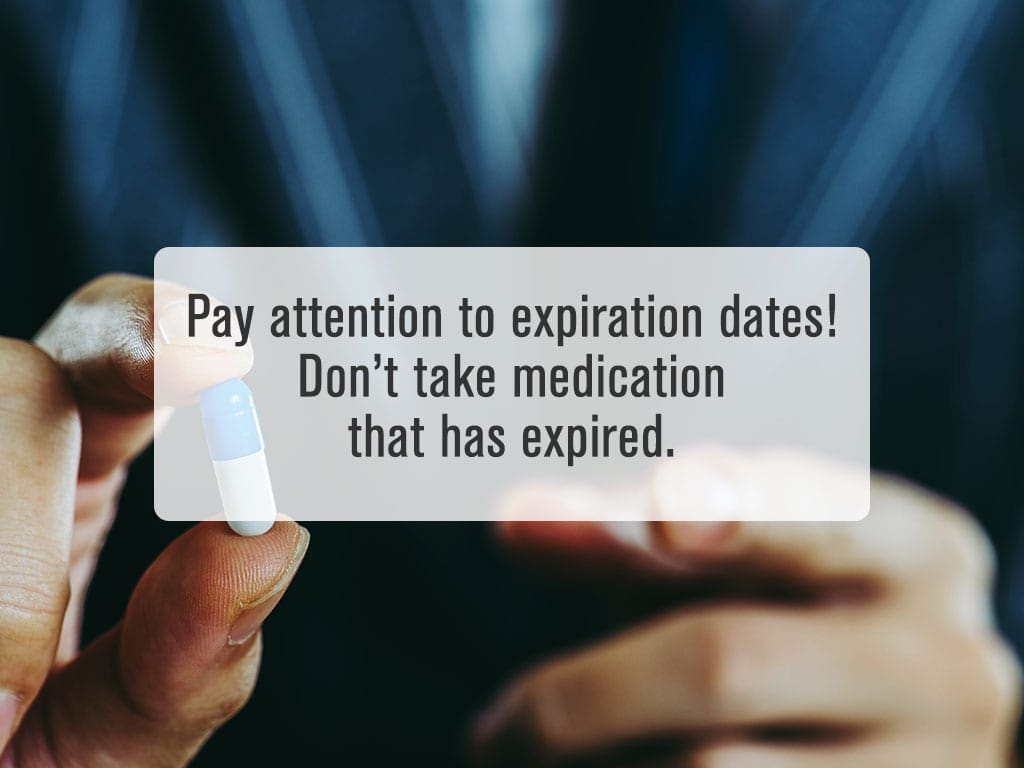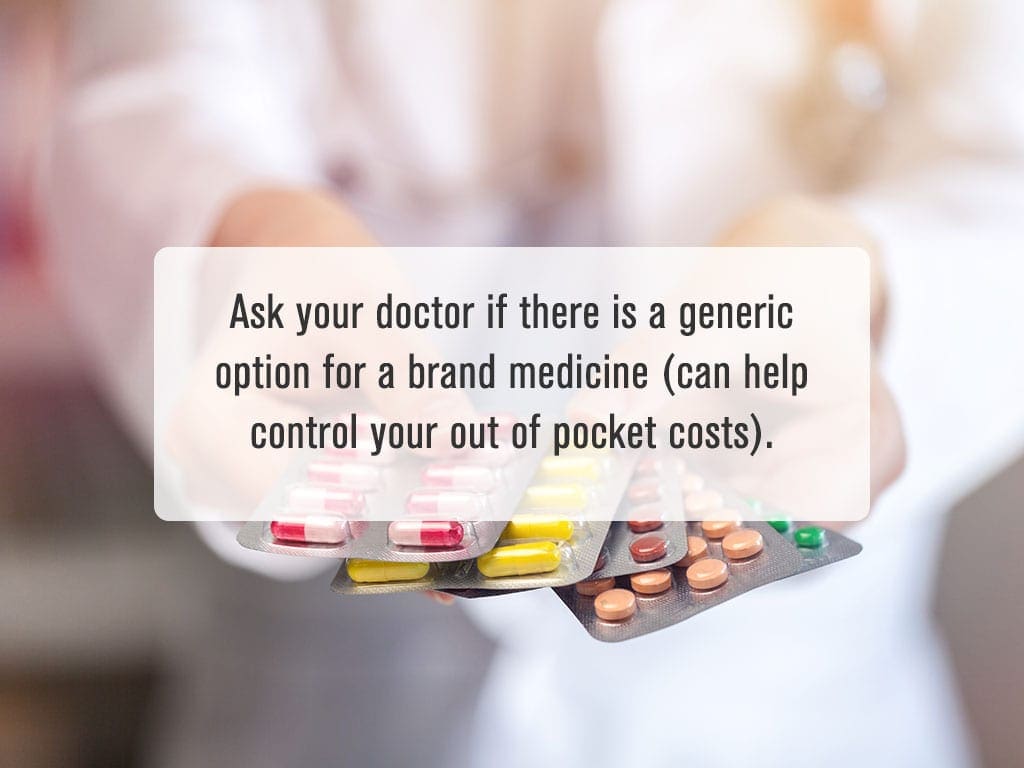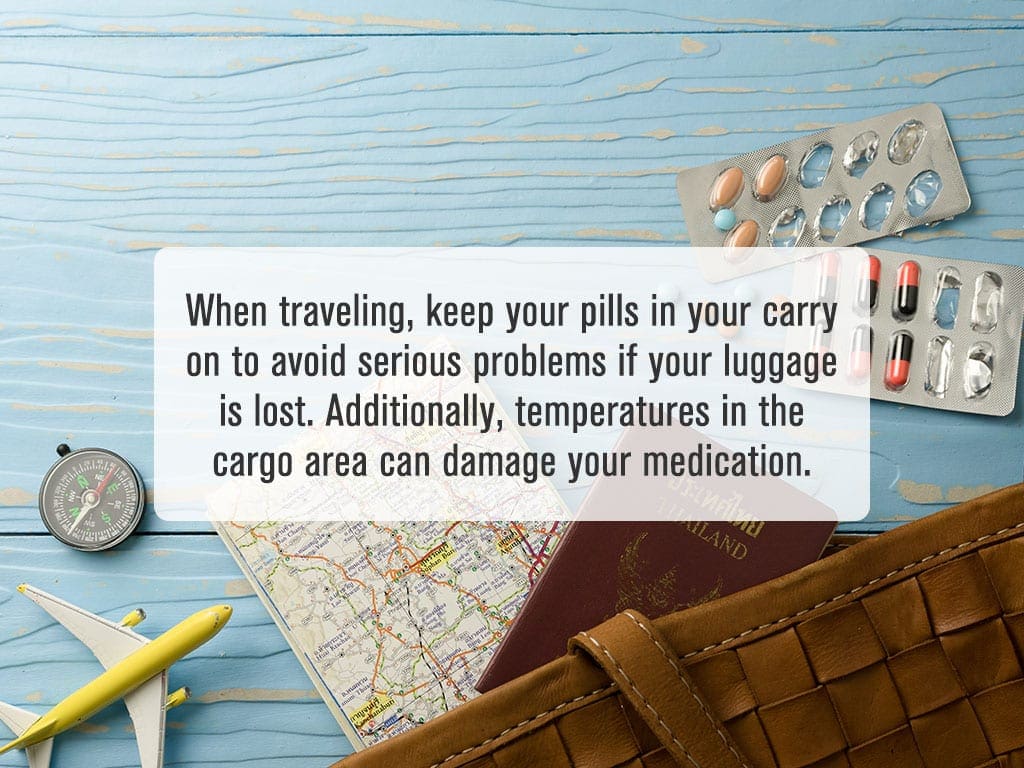Managing Chronic Disease – Meds 101
What is Chronic Disease?
Chronic diseases are a long term illness or condition that can be managed but not cured and usually lasts a lifetime. Examples include high blood pressure, heart failure, diabetes, arthritis, osteoporosis, back pain, depression, allergies, asthma, Alzheimer’s, epilepsy and much more. According to the CDC 1 in 2 US adults lives with a chronic disease. Learn more about chronic disease on the CDC website.
These conditions can effect your life in minor ways, (like having to carry an epi-pen with you because you are allergic to bee stings) or major ways, like having to carefully monitor your eating habits to control insulin.
Managing Chronic Disease
Chronic conditions are managed in a variety of ways, but almost alway include some form of lifestyle modification, medication and periodic monitoring with a doctor.
Common Lifestyle Modifications Include:
- Healthier eating habits
- Healthier sleeping habits
- Greater physical activity
- Appropriate use of medications (more on this below)
- Better coping habits for frustration, fatigue, pain
- Changing daily routines
- Making better decisions for your health
- Reducing stress
Please work with your doctor if you or a loved one are dealing with a chronic disease.
Meds 101 – Did you know:
- 20-30% of new prescriptions are never filled at the pharmacy
- Medication is not taken as prescribed 50% of the time
Some Don’t take Medications as Prescribed Because:
- They don’t understand the directions
- They’re forgetful
- They have multiple medications with different regimens
- There are unpleasant side effects
- The medication doens’t seem to be working
- They think they are well and no longer need to take the medicine
Watch this Video
Taking Your Medications as Prescribed is Important
If medications are not taken as prescribed, your body may not have an effective amount of medicine in it. If your bloodstream does not have enough of a prescribed medicine, you risk relapse and giving the virus a chance to mutate and become resistant. Here are some tips about taking your medications.
- Make sure your doctor and pharmacist know all the medications and vitamins you are taking currently. This will avoid medications having adverse reactions to each other.
- Read the directions on your pill bottle and ask your pharmacist any questions.
- Take your medication at the same time every day – tie them to a daily routine like brushing your teeth.
- Take as directed, and know if your medication is taken on a full or empty stomach.
- Use a pill container that will help you keep track of your schedule.
- When traveling, keep your pills in your carry on to avoid serious problems if your luggage is lost. Additionally, temperatures in the cargo area can damage your medication.
- Pay attention to expiration dates! Don’t take medication that has expired.
- Ask your doctor if there is a generic option for a brand medicine (can help control your out of pocket costs).

